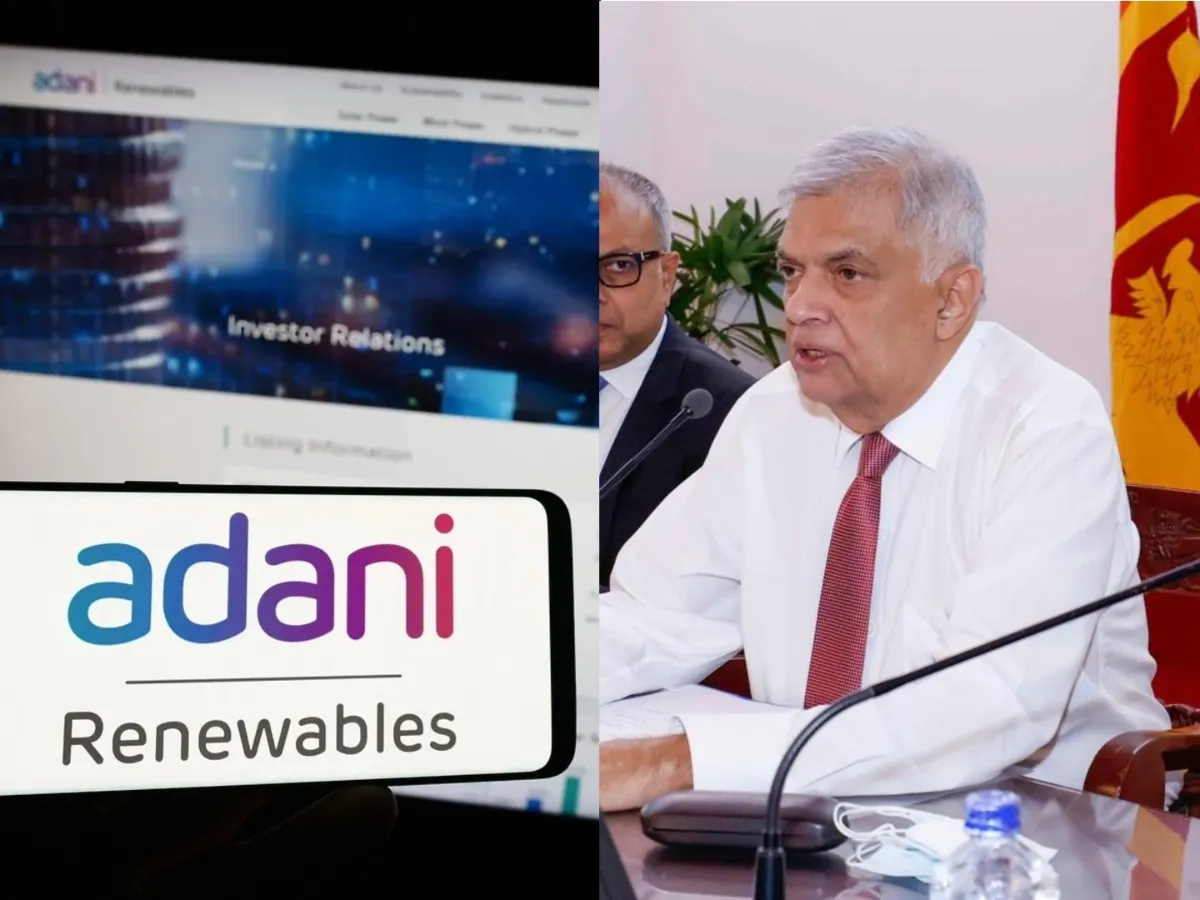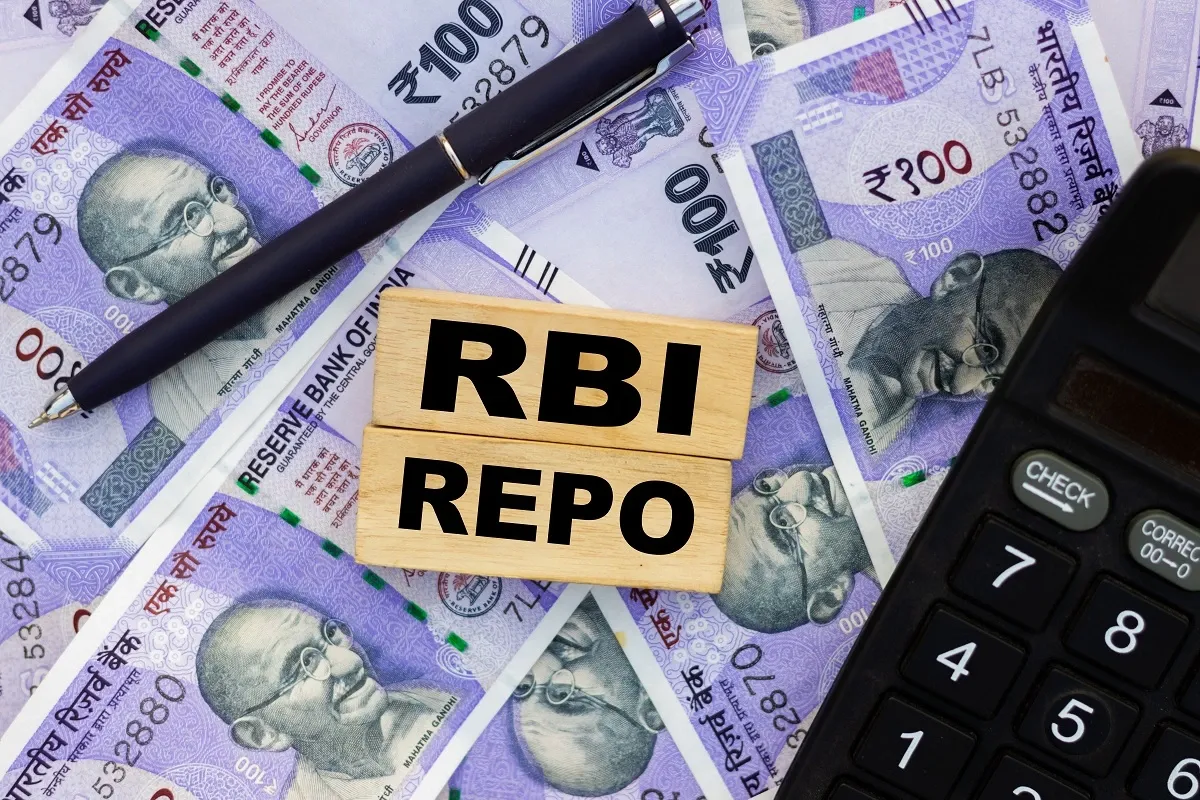Business News
Sri Lanka’s ex-president slams Dissanayake govt for over Adani withdrawal: 'Would affect all Indian investments'
.png)
3 min read | Updated on March 24, 2025, 12:46 IST
SUMMARY
Sri Lanka’s former President Ranil Wickremesinghe criticised the administration for renegotiating project terms, leading to Adani’s withdrawal.

Sri Lanka's former president Ranil Wickremesinghe stressed the need for Sri Lanka to enhance economic cooperation with India to maximise results for the island nation.
Sri Lanka’s former President Ranil Wickremesinghe has accused President Anura Kumara Dissanayake-led government of jeopardising economic ties with India by failing to advance a renewable energy project in Mannar with Adani Group.
In a televised discussion on Saturday, the transcript of which was released on Monday, Wickremesinghe criticised the current administration for abandoning a South India-focused economic framework he championed during his two-year term starting in 2022.
“I explored many avenues for economic cooperation with India. Regrettably, the current government has failed to pursue the Adani renewable project in Mannar,” Wickremesinghe said. “This would adversely affect all Indian investments.”
The proposed $1 billion wind power projects in Mannar and Pooneryn, located in Sri Lanka’s north, were intended to boost the island nation’s renewable energy capacity. Adani Green Energy, a subsidiary of the Adani Group, was set to invest $400 million in wind generation and transmission infrastructure.
However, last month, the company withdrew from the projects after the Dissanayake administration sought to renegotiate terms, citing high costs agreed under Wickremesinghe’s government.
Wickremesinghe dismissed the National People’s Power (NPP) government’s push to revisit the deal as illogical, warning that it risks deterring Indian investors.
He said he saw no logic in the NPP government's attempt to renegotiate the Adani green energy project.
The Sri Lankan government initiated talks with Adani last month to lower the project’s cost, which included a power purchase price of 8.26 US cents per unit. President Dissanayake has claimed that alternative bids for renewable projects offered rates at half that price, in line with his administration’s pledge to reduce electricity costs.
After the formation of a new Cabinet-appointed negotiation committee, Adani Green Energy informed Sri Lanka’s Board of Investment in a letter that it would “respectfully withdraw” from the projects, having already spent $5 million.
“While the company fully respects the sovereign rights of Sri Lanka and its choices, it would respectfully withdraw from the said project,” the letter stated.
The Adani Group remains involved in Sri Lanka through a $700-million Colombo West International Terminal project at Colombo Port. However, its renewable energy ventures have faced scrutiny since Dissanayake’s administration took power as it reviewed foreign investments.
The decision to reassess Adani’s projects also coincided with legal challenges facing the conglomerate in the United States, where the US Department of Justice has charged Chairman Gautam Adani and other executives with allegedly conspiring to pay $265 million in bribes for solar power contracts in India. Adani Group has denied the allegations and pledged to fight the charges.
About The Author
Next Story

